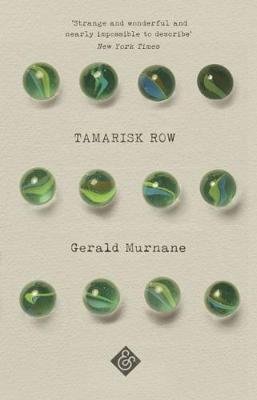
There are a number of writers I’ve been intrigued to read, whom I’ve heard about through blogging. Ann Quin was one; another name that has kept cropping up is the Australian writer Gerald Murnane. Murnane’s work has not been that widely available in the UK, but And Other Stories are in the process of publishing several of his books. I’ve been reading his 1974 debut, Tamarisk Row, which is previously unpublished in this country.
Tamarisk Row chronicles the childhood of Clement Killeaton in 1940s Victoria. Each section is a single paragraph, sometimes pages long. This is a novel that asks you to slow down and focus on the writing. When you do, what opens up is quite something. Murnane will insert Clement’s daydreams and imaginative games seamlessly into the middle of his long paragraphs. This creates vertiginous spaces where the everyday reality of the book seems about to twist into something transcendent. A particularly striking example comes when Clement imagines a world within the shifting light of his front door’s coloured glass:
Creatures neither green nor gold but more richly coloured than any grass or sun try to find their way home through a land where cities of unpredictable shapes and colours rise up on plains of fiery haze, then vanish just as quickly while some of their inhabitants flee towards promises of other plains where cities may appear whose glancing colours will sometimes recall for those few who reach them certain glimpses of the places that have gone…
Long, winding sentences like this draw the reader in; then there are these flashes of a world beyond.
Book details
Tamarisk Row (1974) by Gerald Murnane, And Other Stories, 288 pages, paperback.

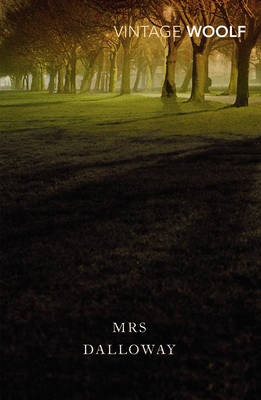
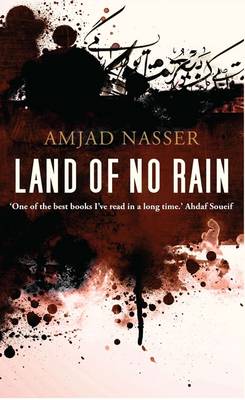
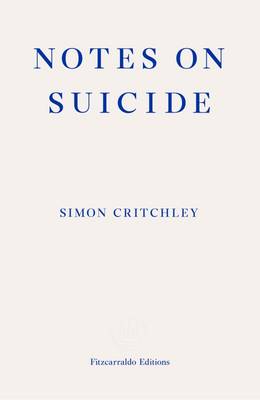
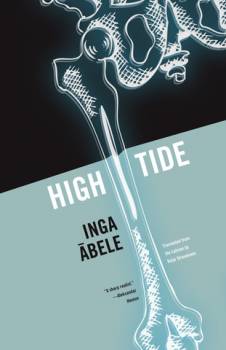
Recent Comments